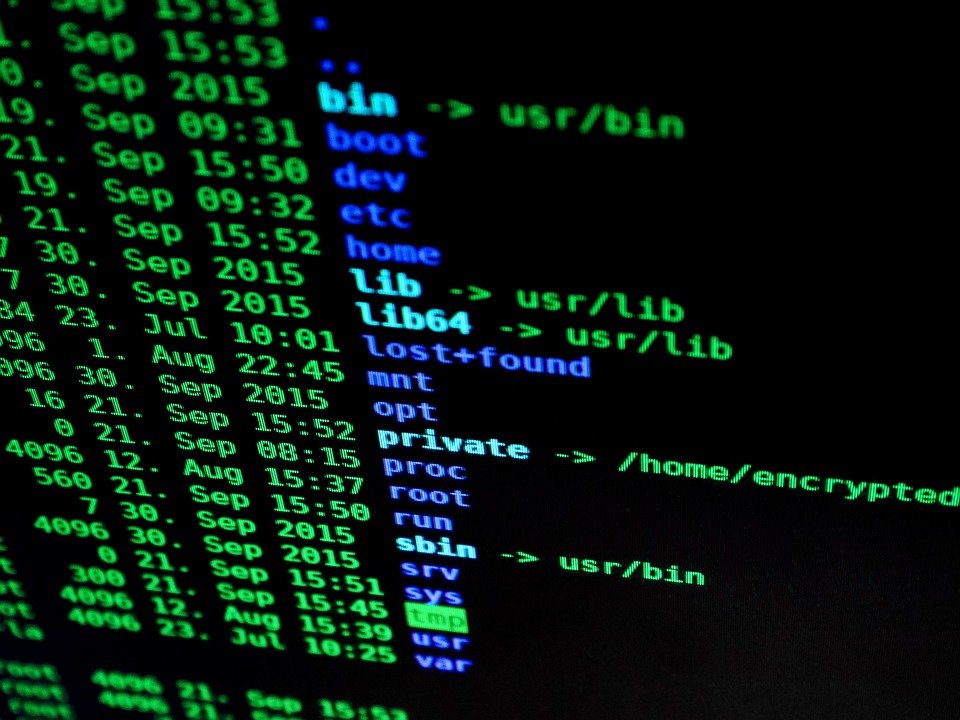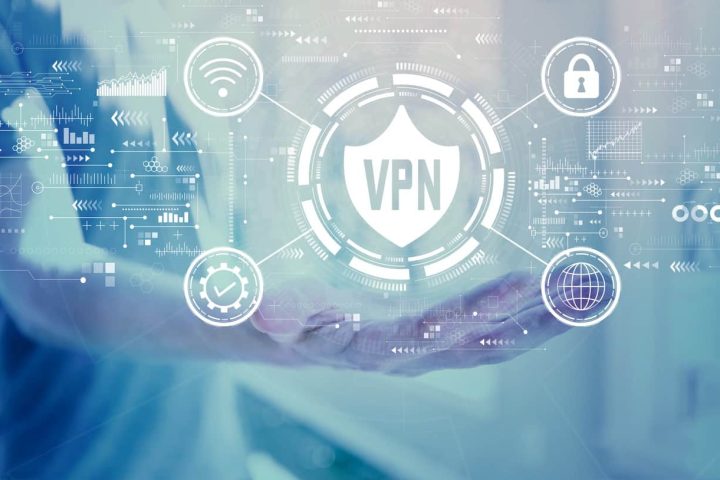Since the transition to remote and hybrid working, there has been a significant increase in attacks on VPNs. Hackers can launch ransomware, phishing and DDoS attacks by taking advantage of VPNs, which are virtual private networks. Stating that cybercriminals take advantage of security vulnerabilities in order to capture sensitive corporate data, experts listed what victim organizations should do in the face of VPN attacks.
VPNs put user and corporate data at risk if not used responsibly. The survey of 351 cybersecurity experts in the VPN Risk Report, shared by cybersecurity companies Cybersecurity Insiders and ZScaler, revealed that even a single virus on devices would be enough for data breaches to put the entire network at risk.
INFORMATION SHARED THROUGH VPN SERVERS AT RISK
While using a high-quality VPN can help keep data secure, some VPN flaws that hackers scrutinize can put individuals and organizations at risk and make them a serious target for hackers. In attacks on VPN servers, all sensitive information shared through encrypted servers is at risk.
- Game-changing discovery on the Red Planet: 3.4 billion years of mystery unraveled
- SpaceX’s Dragon capsule launched to the International Space Station with 4 tons of cargo
WHAT TO DO IN A VPN ATTACK?
Emphasizing that attacks are usually caused by some software and hardware errors in VPNs, Serap Günal listed the measures that can be taken in the face of a VPN attack as follows:
1- Turn off the VPN immediately
If you have experienced a VPN attack, you should stop using a VPN immediately. Using a server that is known to have been attacked is more dangerous than using no privacy tools at all. Otherwise, any data routed through this network could be exposed to hackers.
2- Choose a new provider
To continue using the internet privately after a hacked VPN is shut down, it’s important to choose a new provider with strong security and policies.
3- Change passwords that may have been stolen
Hackers can obtain a lot of information, including user passwords, through VPN attacks. For this reason, users are advised to change all passwords after a VPN attack.
4- Cancel your credit and debit cards
The sensitive information that hackers obtain through VPNs can include a wide range of information, including credit card details. Users should cancel their credit and debit cards to prevent victims from suffering major financial losses as a result of a VPN attack.





